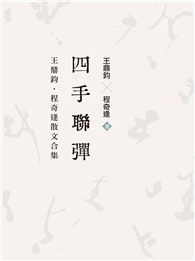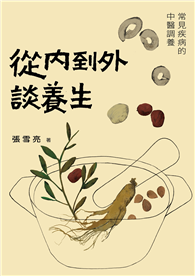| FindBook |
有 1 項符合
The Sorrows of Young Werther (電子書)的圖書 |
 |
The Sorrows of Young Werther 作者:Johann Wolfgang von Goethe 出版社:聯合電子出版 出版日期:2020-02-01 語言:英文 規格:普通級 |
| 圖書館借閱 |
| 國家圖書館 | 全國圖書書目資訊網 | 國立公共資訊圖書館 | 電子書服務平台 | MetaCat 跨館整合查詢 |
| 臺北市立圖書館 | 新北市立圖書館 | 基隆市公共圖書館 | 桃園市立圖書館 | 新竹縣公共圖書館 |
| 苗栗縣立圖書館 | 臺中市立圖書館 | 彰化縣公共圖書館 | 南投縣文化局 | 雲林縣公共圖書館 |
| 嘉義縣圖書館 | 臺南市立圖書館 | 高雄市立圖書館 | 屏東縣公共圖書館 | 宜蘭縣公共圖書館 |
| 花蓮縣文化局 | 臺東縣文化處 |
|
|
圖書介紹 - 資料來源:博客來 評分:
圖書名稱:The Sorrows of Young Werther (電子書)
內容簡介
The Sorrows of Young Werther is an epistolary and loosely autobiographical novel, first published in 1774; a revised edition of the novel was published in 1787. Werther was an important novel of the Sturm und Drang period in German literature, and influenced the later Romantic literary movement. Finished in six weeks of intensive writing during January–March 1774, its publication instantly made the 24-year-old Goethe one of the first international literary celebrities. Of all his works, this book was the most known to the general public. Towards the end of Goethe’s life, a personal visit to Weimar became crucial to any young man’s tour of Europe.
作者介紹
Johann Wolfgang von Goethe (28 August 1749 – 22 March 1832) was a German writer and statesman. His body of work includes epic and lyric poetry written in a variety of metres and styles; prose and verse dramas; memoirs; an autobiography; literary and aesthetic criticism; treatises on botany, anatomy, and colour; and four novels. In addition, numerous literary and scientific fragments, more than 10,000 letters, and nearly 3,000 drawings by him are extant. A literary celebrity by the age of 25, Goethe was ennobled by the Duke of Saxe-Weimar, Carl August in 1782 after first taking up residence there in November 1775 following the success of his first novel, The Sorrows of Young Werther. He was an early participant in the Sturm und Drang literary movement. During his first ten years in Weimar, Goethe served as a member of the Duke’s privy council, sat on the war and highway commissions, oversaw the reopening of silver mines in nearby Ilmenau, and implemented a series of administrative reforms at the University of Jena. He also contributed to the planning of Weimar’s botanical park and the rebuilding of its Ducal Palace, which in 1998 were together designated a UNESCO World Heritage Site.
|











